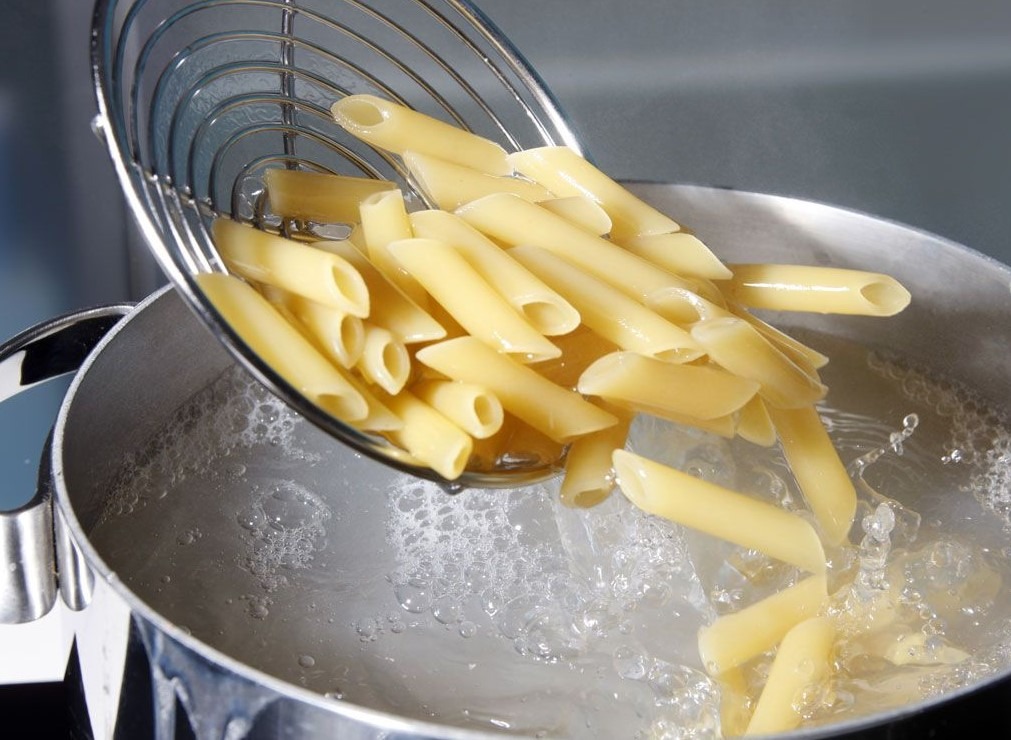Ever wondered about that simple pasta cooking instruction: “add salt to taste”? Well, it’s not just a casual suggestion – there’s more to it than meets the eye. Adding salt to your pasta water has a purpose, and it’s all about the boiling point.
Contrary to what some might believe, the primary effect of adding salt to boiling water is not to make it boil faster, as it’s often misunderstood. In reality, it only slightly raises the boiling point of the water. The extent of this increase depends on various factors, including the size of the pot, the quantity of water, and the amount of salt added – all within reasonable limits, of course.
Typically, when you add salt to your pasta water, the boiling point of the water will rise anywhere from one to four degrees Fahrenheit. While this bump might seem relatively insignificant, it can make a noticeable difference in your cooking process. The salted water will be a tad hotter than unsalted water, meaning your pasta will have to spend less time in the boiling water, reducing that agonizing eight minutes of anticipation before it’s ready to be smothered in delicious bolognese sauce.
Please Head On keep on Reading (>)








